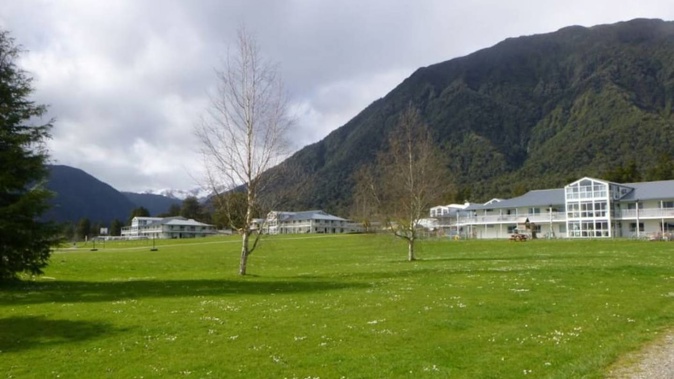
By Jean Edwards of RNZ
Six former Gloriavale women will tell a court they lived in "slave-like conditions", working as employees under an all-pervading regime of secular and religious control.
The Employment Court will hear a case starting Monday brought by Serenity Pilgrim, Anna Courage, Rose Standtrue, Crystal Loyal, Pearl Valor and Virginia Courage, who contend they were employees not volunteers at the West Coast Christian community.
The women's claims, which are strongly contested by Gloriavale's senior leaders, are detailed in a judgment released by the court about the admissibility of evidence.
The women said they could not refuse to work without significant consequences.
"These included spiritual consequences such as eternal damnation, as well as denial of food, corporal punishment, public shaming and temporary and permanent expulsion from the community," the document said.
The plaintiffs said they began working on a four-day rotation once they left the Gloriavale school at the age of 15, including doing cooking, cleaning, communal and commercial laundry and preparing food.
They allegedly received one morning off in eight days and one week of leave per year.
They did not receive any wages, but were provided with food, accommodation and other community benefits, the women said.
"The plaintiffs contend they were not volunteers, but employees, working under significant control, both secular and religious," the judgment said.
- John MacDonald: Gloriavale is nothing short of modern-day slavery
- WorkSafe inspectors to visit Gloriavale
- Westland looks to suspend milk collection from Gloriavale operated farms
"The thrust of the plaintiffs' case is that they and all women in Gloriavale live in 'slave-like conditions'."
The Shepherds taught members of the community "if you do not work, you do not eat", the women said.
Four of the six women signed a Declaration of Commitment and were expected to abide by the community's foundational "What We Believe" document, but their lawyers claimed this was done under duress, ignorance, peer pressure and conditioning by the Shepherds since birth.
By "submitting", they agreed to the Shepherds having absolute power and control over them, including decisions about their education, marriage, where they lived, clothing and hair length, they said.
The women said they had no access to money, no alternative means of support, no ability to seek help and no access to transportation.
Barrister Brian Henry said the plaintiffs lived in a "work hostel" in a room with six to eight others and had no personal life beyond the influence of their employer.
References to sexual misconduct in briefs of evidence demonstrated the power and control of male leaders over females working in the community and the degree to which they were degraded, ignored and had no voice, he said.
Gloriavale's leaders denied the women were employees or that the Shepherds had the power to decide every aspect of the women's lives, instead saying most decisions were made by the women, their parents or by community consultation.
The Shepherds therefore did not have absolute control over work placements, education, marriage, food, and accommodation, they said.
Signing the Commitment was confirmation a member had read "What We Believe", which was a summary of beliefs taken from the New Testament and not the final authority on community rules, the leaders said.
Use of the word "submit" expressed a willingness to submit to God, the Shepherds and other Christians, the men said.
They argued none of the documents conferred any legal authority on the Overseeing Shepherd to dictate how a person lived and insisted the women could choose to leave at any time and eventually did.
Gloriavale's barrister Philip Skelton QC said the plaintiffs' briefs of evidence presented a dark picture of life in Gloriavale and wide-ranging grievances against the leaders, but the court should not turn the trial into a commission of inquiry.
He submitted that large portions of evidence had little or no relevance in establishing the women's employment status and negative media attention could endanger Gloriavale's important commercial relationships to the detriment of those who still live there.
In July 2021 Labour inspectors concluded there was no employment relationship between the community and its members.
The Labour Inspectorate has been accused of breaching its statutory duty to the women through inaction, compelling them to live in servitude, but that claim will not be heard at the upcoming hearing.
The case is a sequel to another heard earlier this year, in which the Employment Court ruled three former Gloriavale men were employees from the age of six, working long hours on farms and in factories at Haupiri.
- RNZ
Take your Radio, Podcasts and Music with you








